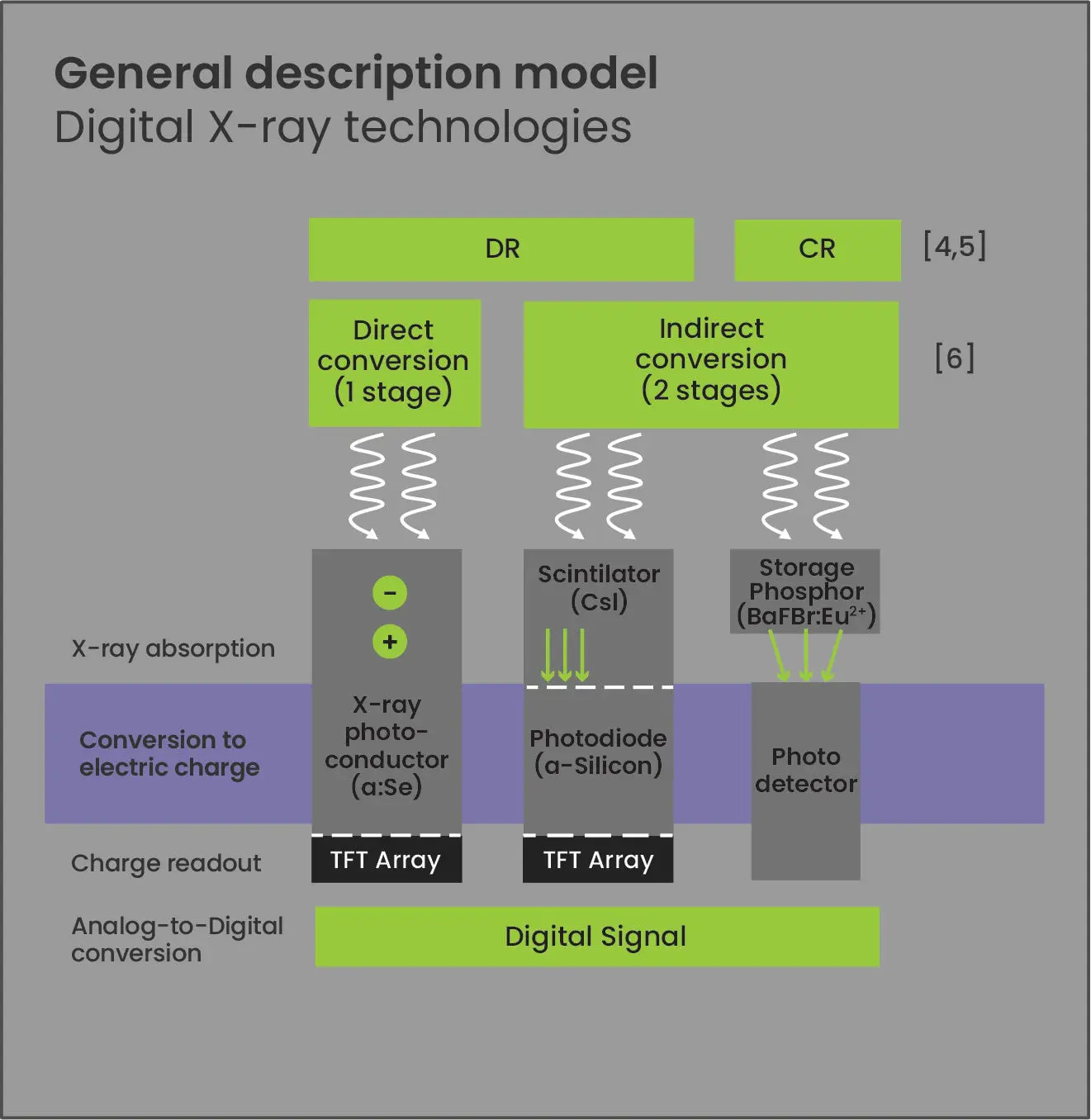Digital Mammography
Detector

UNIVERSAL AND HIGHLY VERSATILE PLATFORM BASED ON FPGA WITH EMBEDDED ARM PROCESSOR
The Challenge
Develop next generation mammography detection
CLIENT: ANALOGIC — NASDAQ; ALOG
.
LOCATION: MONTREAL, QC, CANADA
A worldwide leader in direct conversion digital detector technology, Analogic develops and manufactures flat-panel, direct conversion digital detectors used by major medical OEMs in mammography systems. Analogic needed specific technical expertise to use high-performance image processing algorithms with its patented detection technology.
Design new system architecture to ease integration
Use high-performance imaging algorithms
Integrate sensors with high-speed digital processing
This case study is also available as a PDF download.
CASE STUDY - Digital Mammography Detector
Access the detailed case study on this digital mammography detector that uses an FPGA design for a highly programmable image processing engine.

“Our aim is to maintain our lead in the premium market for mammography detectors. In order to do that, we need high-speed communications from the detectors, and that’s definitely an area where we knew that Orthogone could help us… They brought expertise, especially in anything having to do with digital design, memory configuration, and FPGA programming.”
- François Boucher, Director of Engineering, Analogic
The Solution
Partner with Orthogone for technical expertise
With experienced FPGA designers, embedded software designers and hardware designers, the Orthogone team was well-equipped to provide the skills and scalability that the Analogic team needed to achieve their product development goals.

SYSTEM DESIGN & ARCHITECTURE
The team had to integrate extremely sensitive sensors with high-speed digital processing capabilities onto a highly integrated low-profile enclosure, and ensure scalability by easily adapting to different sensor sizes.
Large-area flat panels often combine multiple sensors to form a larger high-resolution image, with high-speed links used to transfer the raw image data. In this case, the mammography sensors were divided into multiple independent sections that could each use multiple high-speed LVDS differential pairs to transfer their raw acquisition data. Data is sent to independent low-power Xilinx Artix-7 FPGAs installed around an MPSoC located in the center of the PCBA.
IMAGE PROCESSING
After capturing high-speed raw data from the sensor, the custom video DMA reorganizes the full image in external memory. When all the pixels of the image are correctly reordered, the FPGA can enhance image quality.
HARDWARE DESIGN
The hardware design had to minimize noise, integrate high-speed digital with ultra-low noise circuits, and accommodate physical dimensions constraints and safety considerations. For optimal speed and power consumption, DDR4 memory is used to store local frame buffers, and support acquisition at a fast frame rate.
SOFTWARE DESIGN
Analogic’s detector software running in the Zynq UltraScale+ hardware platform is divided into different applications. These applications manage non-critical background tasks with Linux and real-time control of the image datapath on the FPGA side.
TECHNOLOGY
- Xilinx Artix-7
- Xilinx Zynq UltraScale+ MPSoC
- Kintex UltraScale+ FPGA programmable fabric
- SATA and USB 3.0
- 64-bit dual-core Arm® Cortex®-A53
- dual-core Arm Cortex-R5
Arm and Cortex are registered trademarks of Arm Limited (or its subsidiaries) in the US and/or elsewhere.
The Result
Industry-leading advanced detector solution with an extended product life cycle
Working in partnership with Analogic, Orthogone used innovative design and technology implementation to develop a versatile, easy-to-use solution and deliver the project on time.
The flexibility, versatility, and technical capabilities that the team built in to the new advanced detector solution allows Analogic to readily meet requirements from various manufacturers and expand into medical image processing markets beyond mammography detection.

Learn more about how AMD/Xilinx components are at the heart of Analogic’s high-performance medical digital imaging detector technology developed in partnership with Orthogone.


